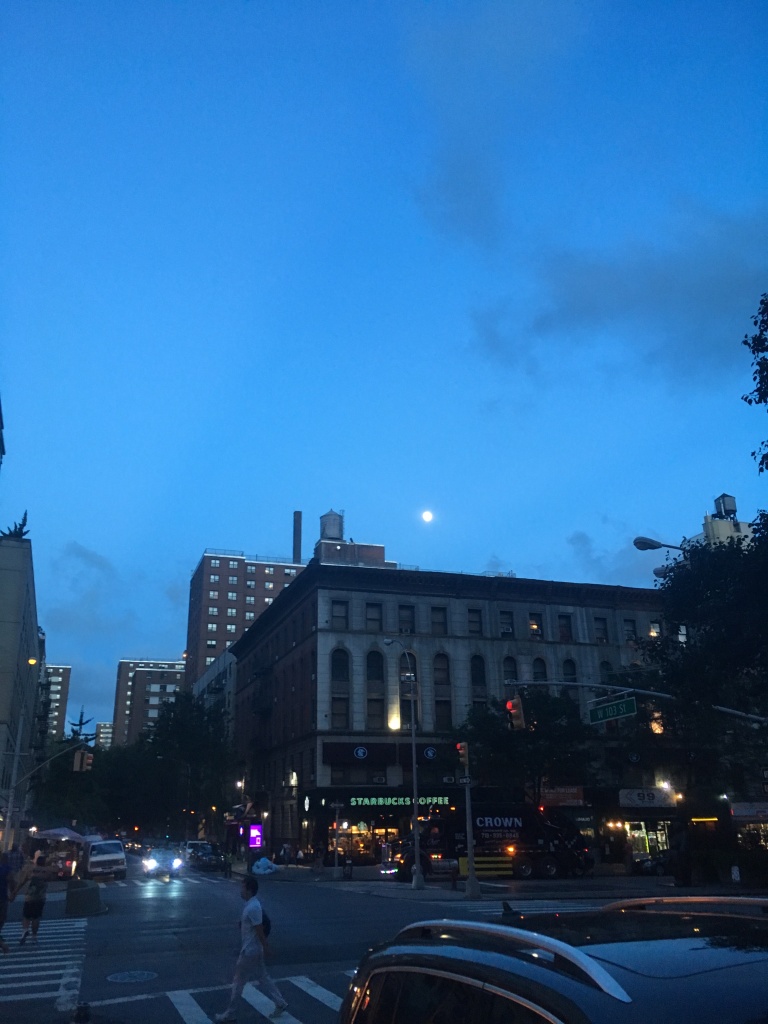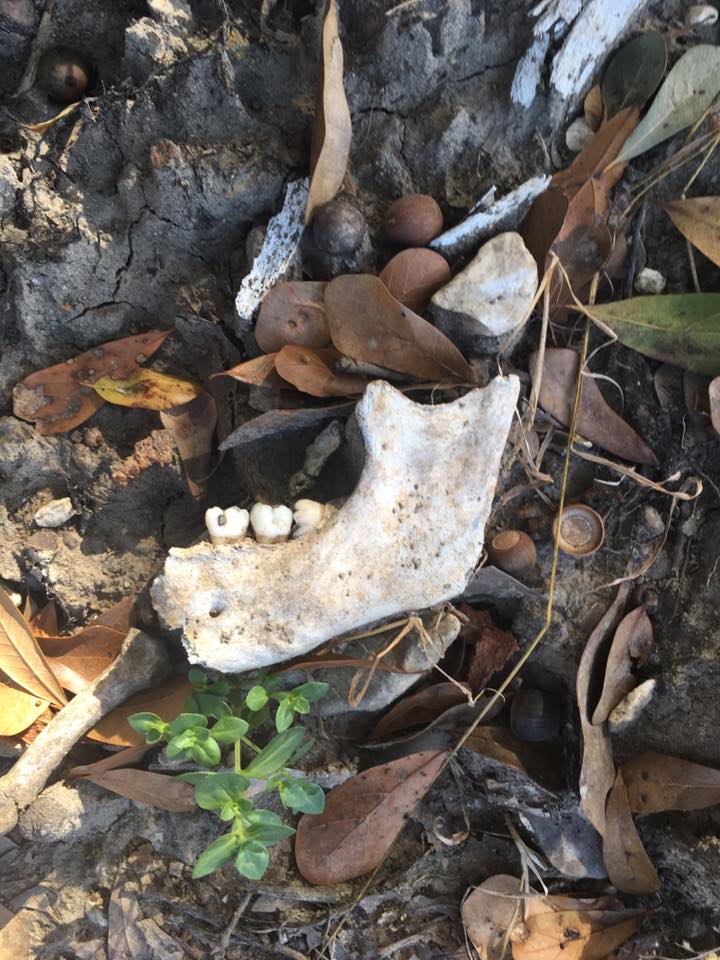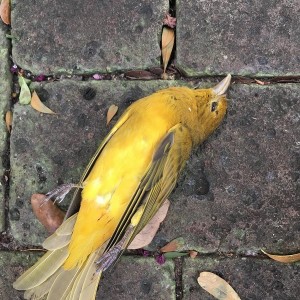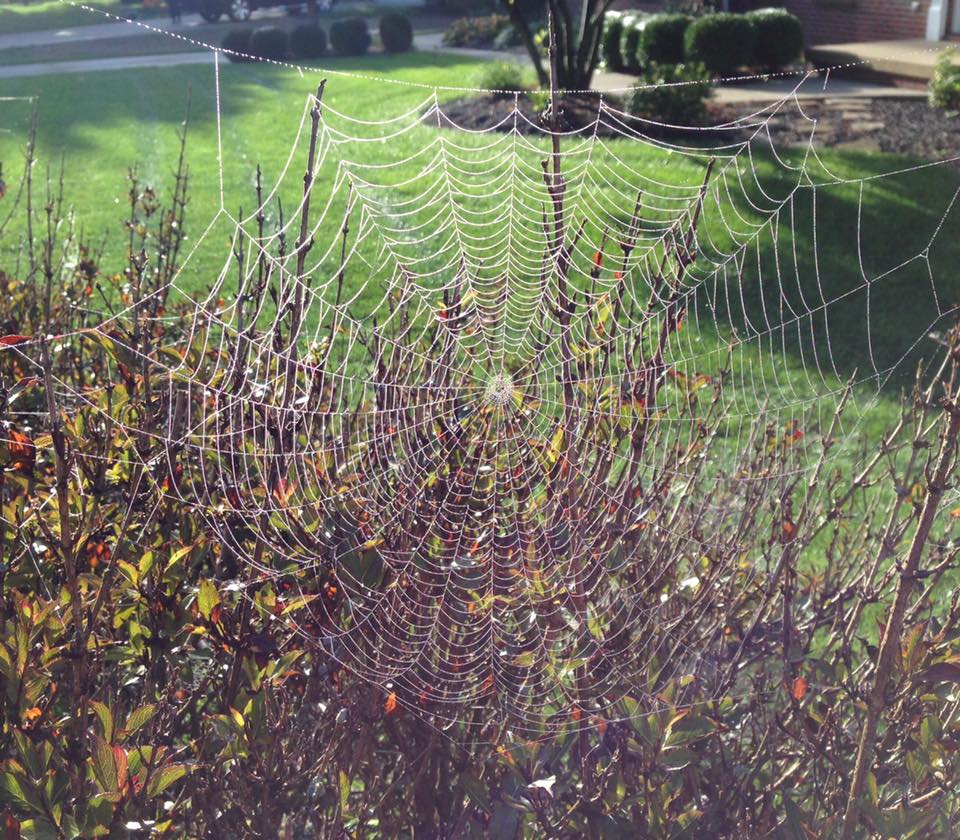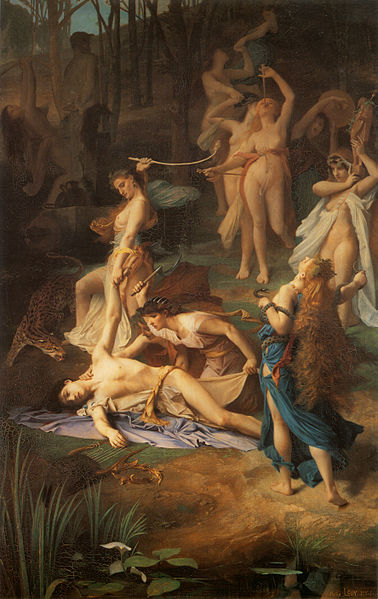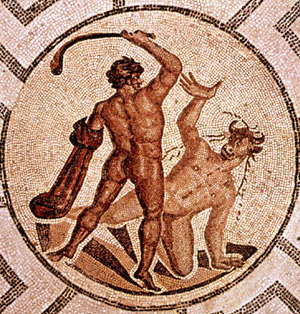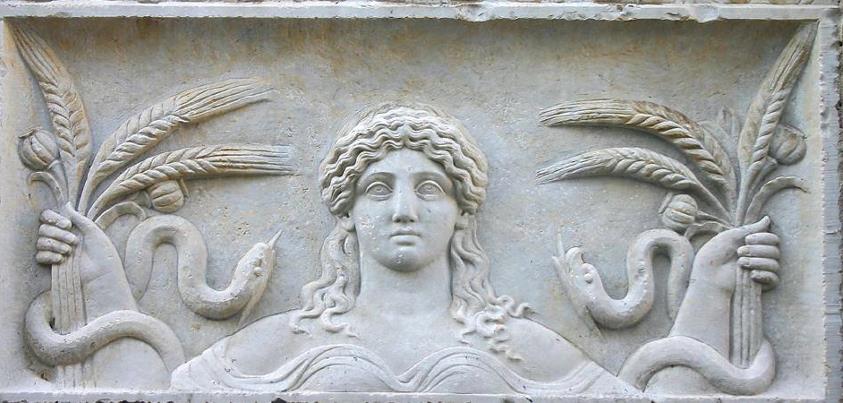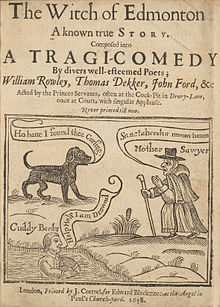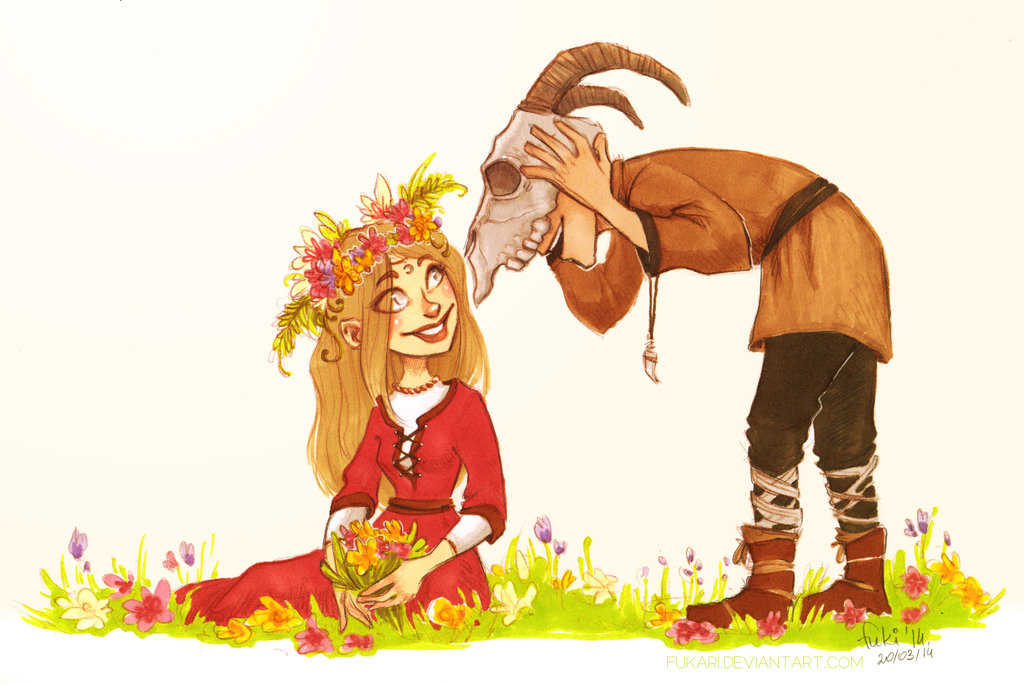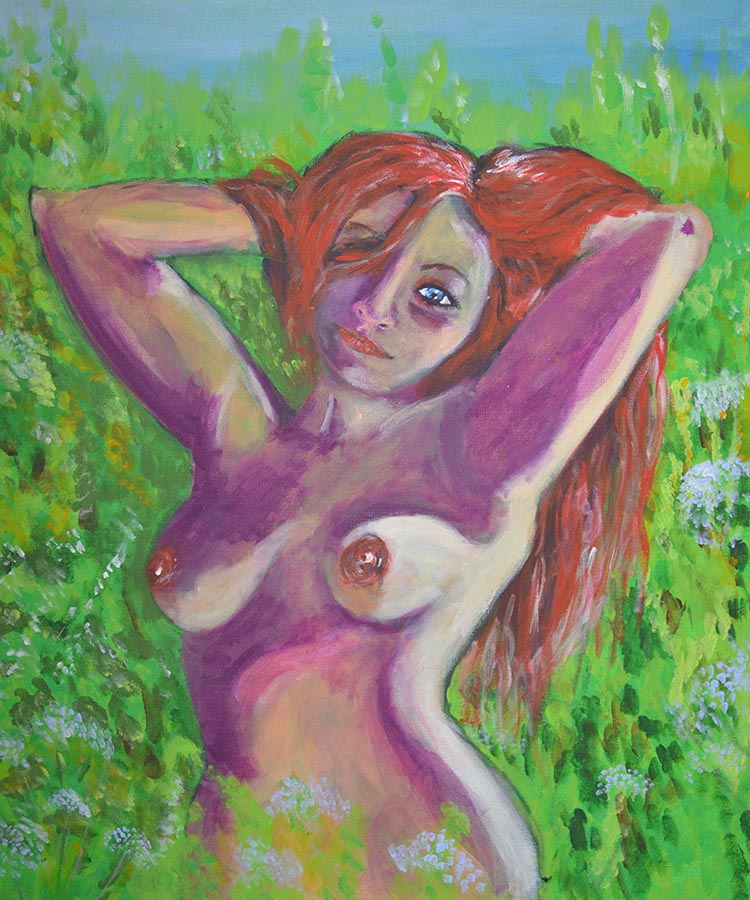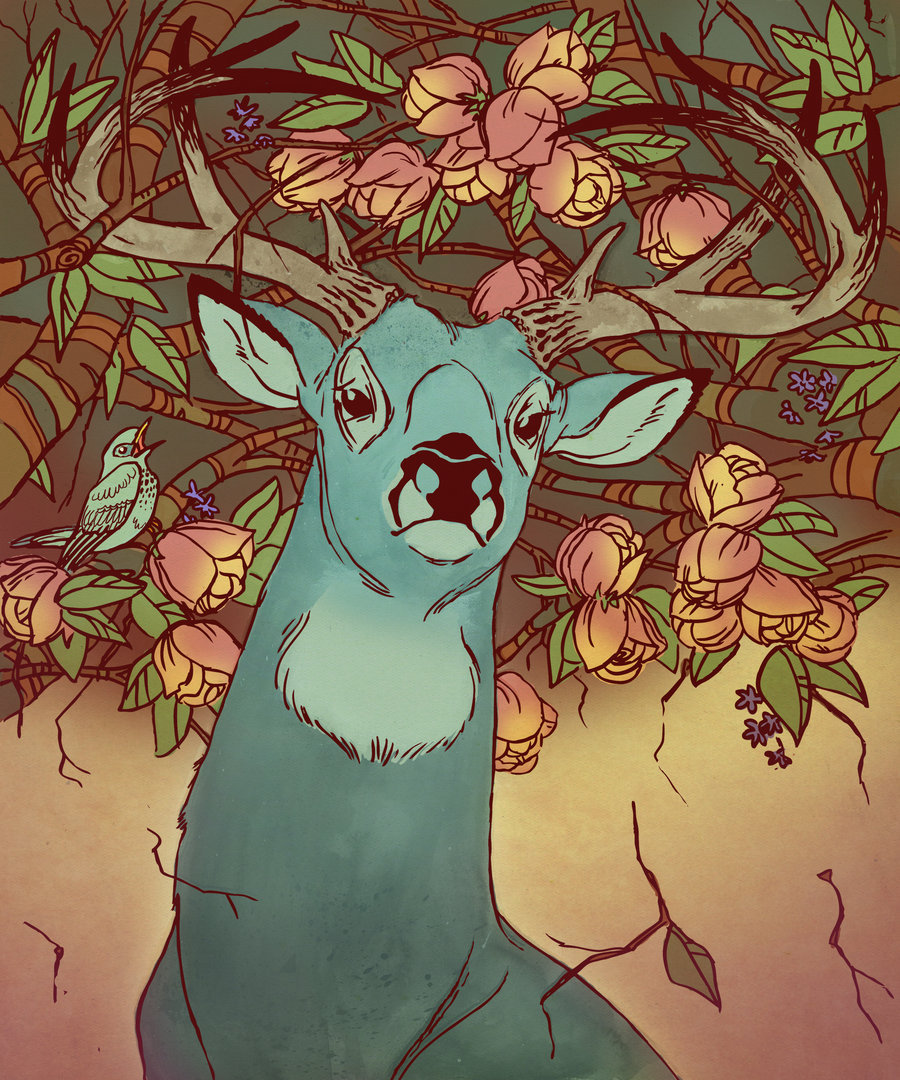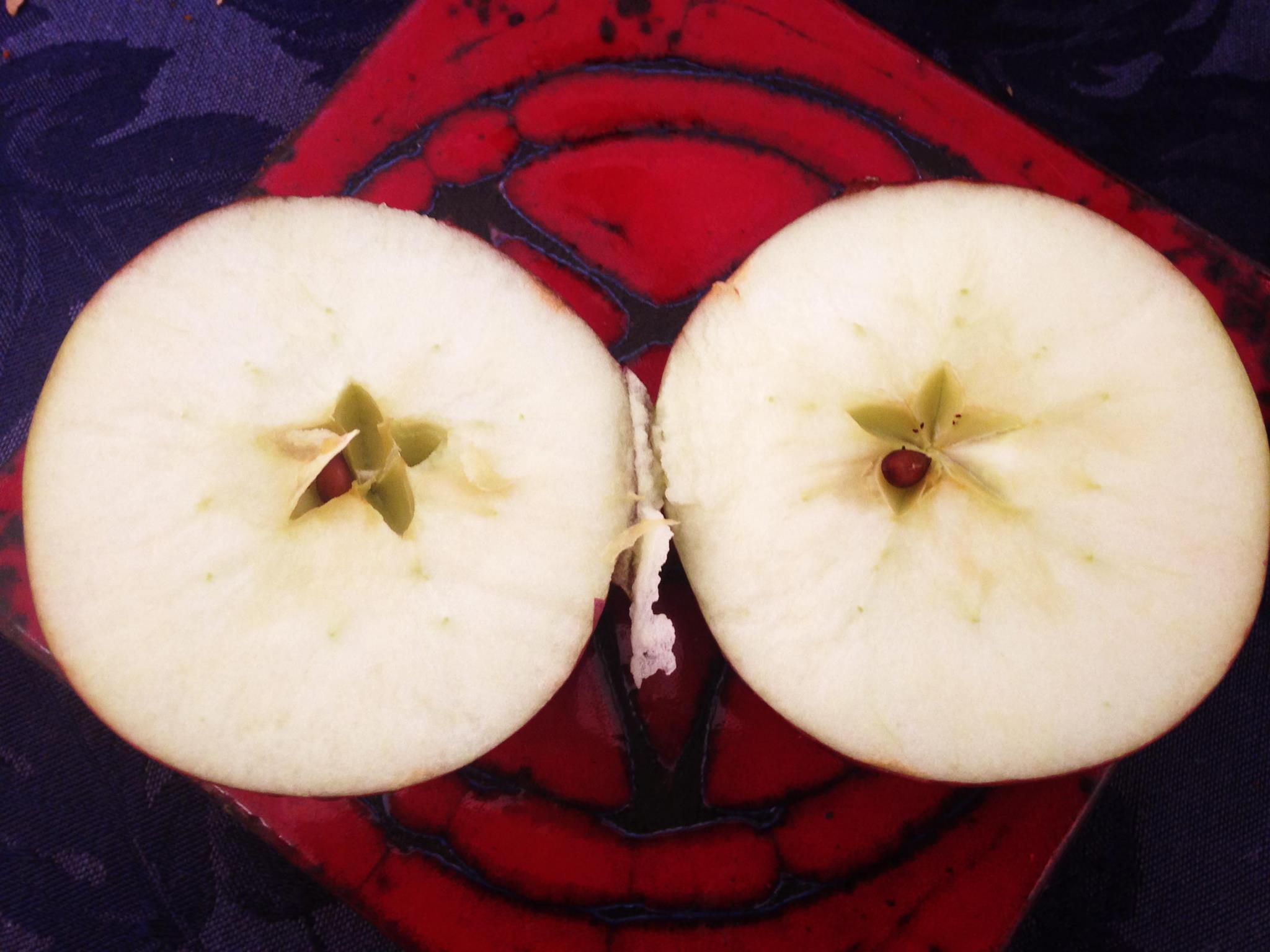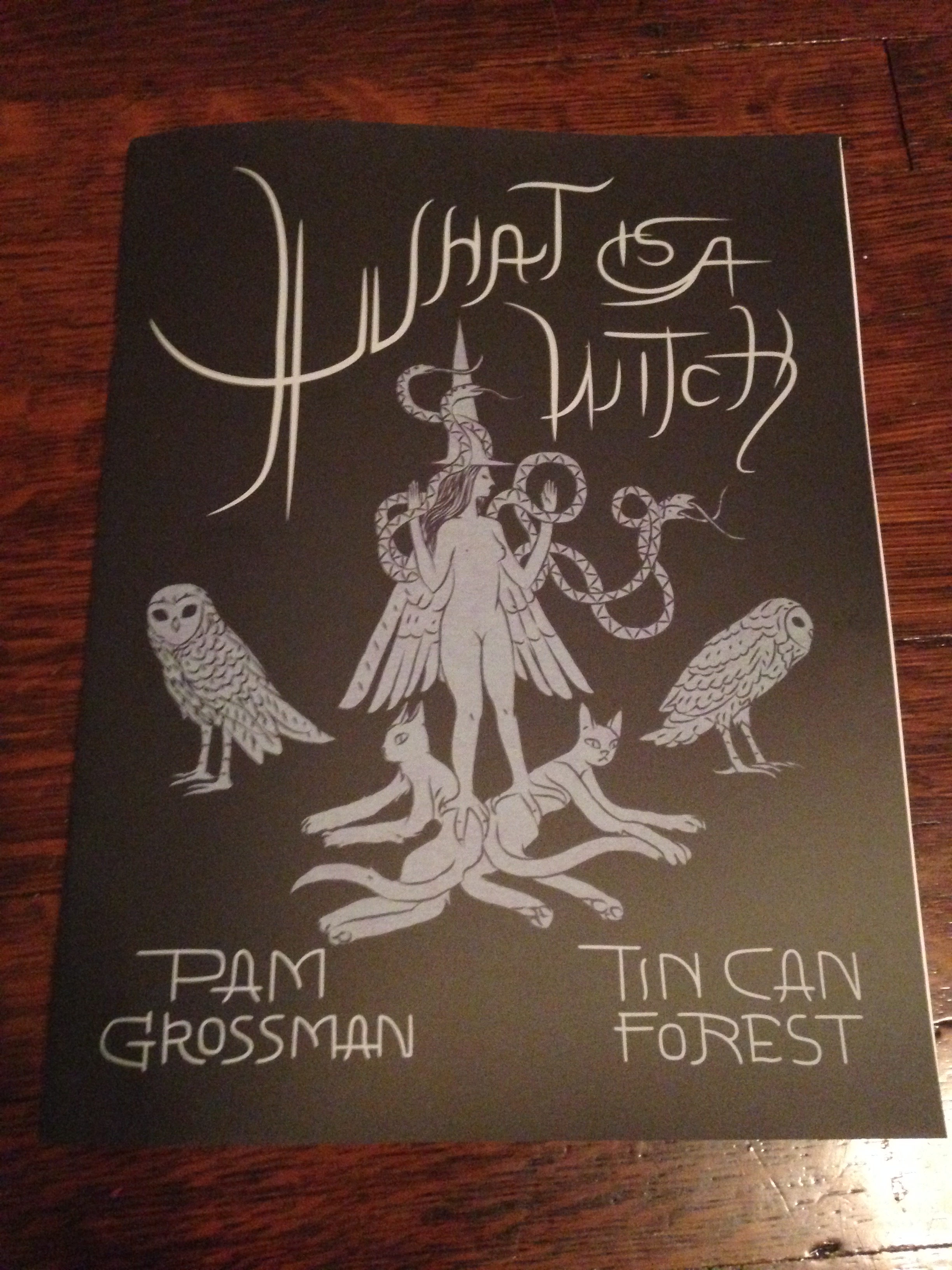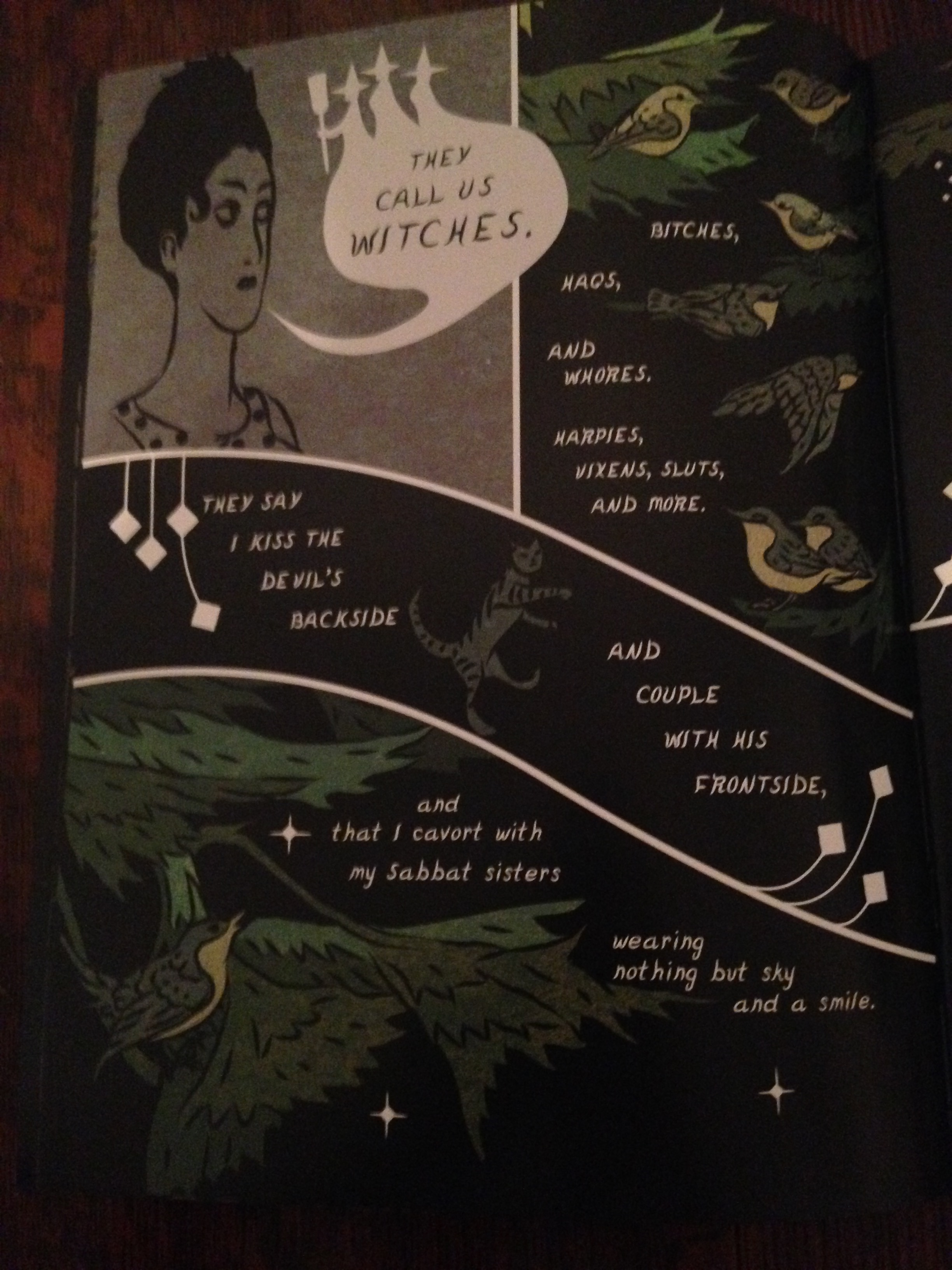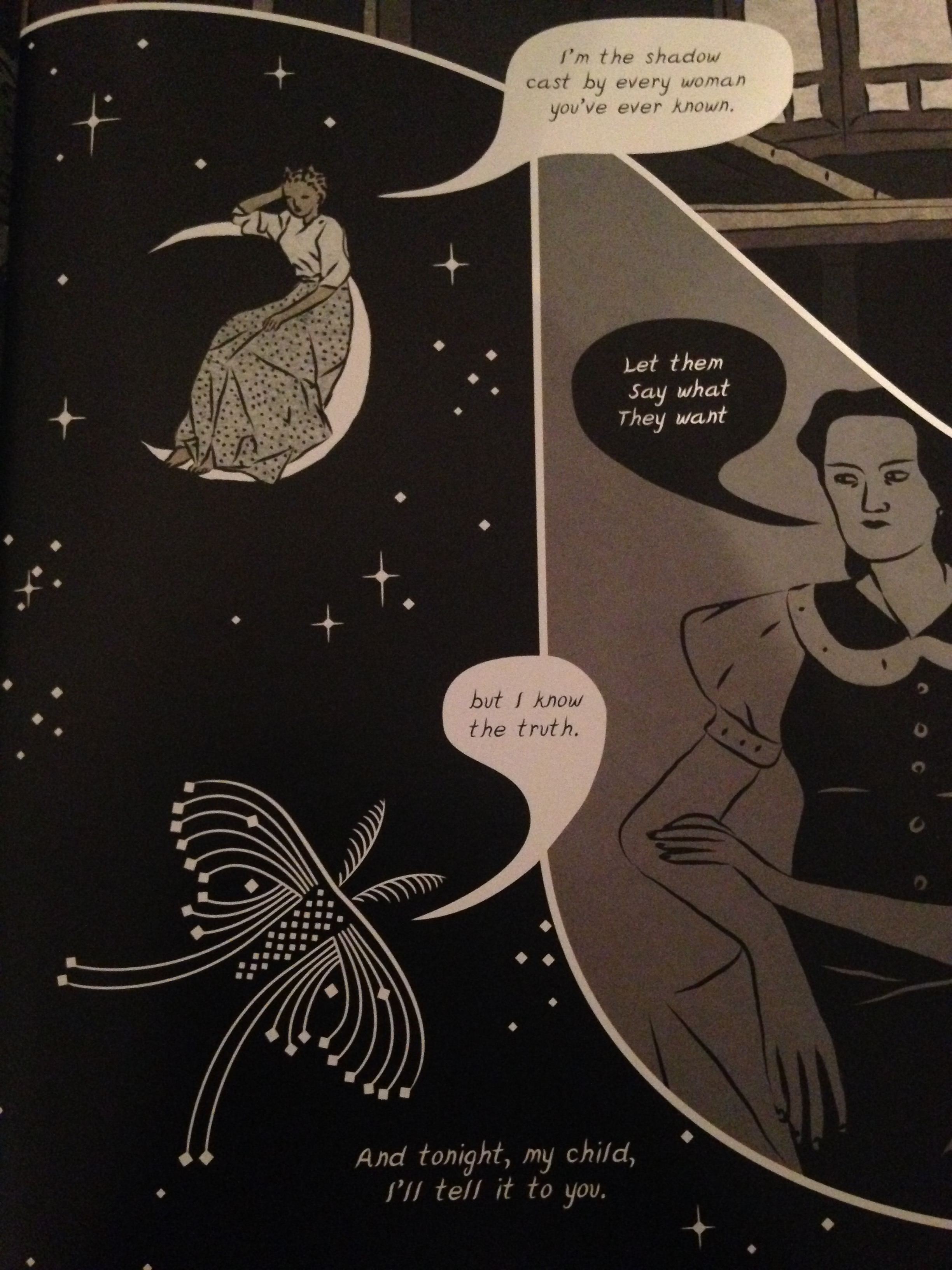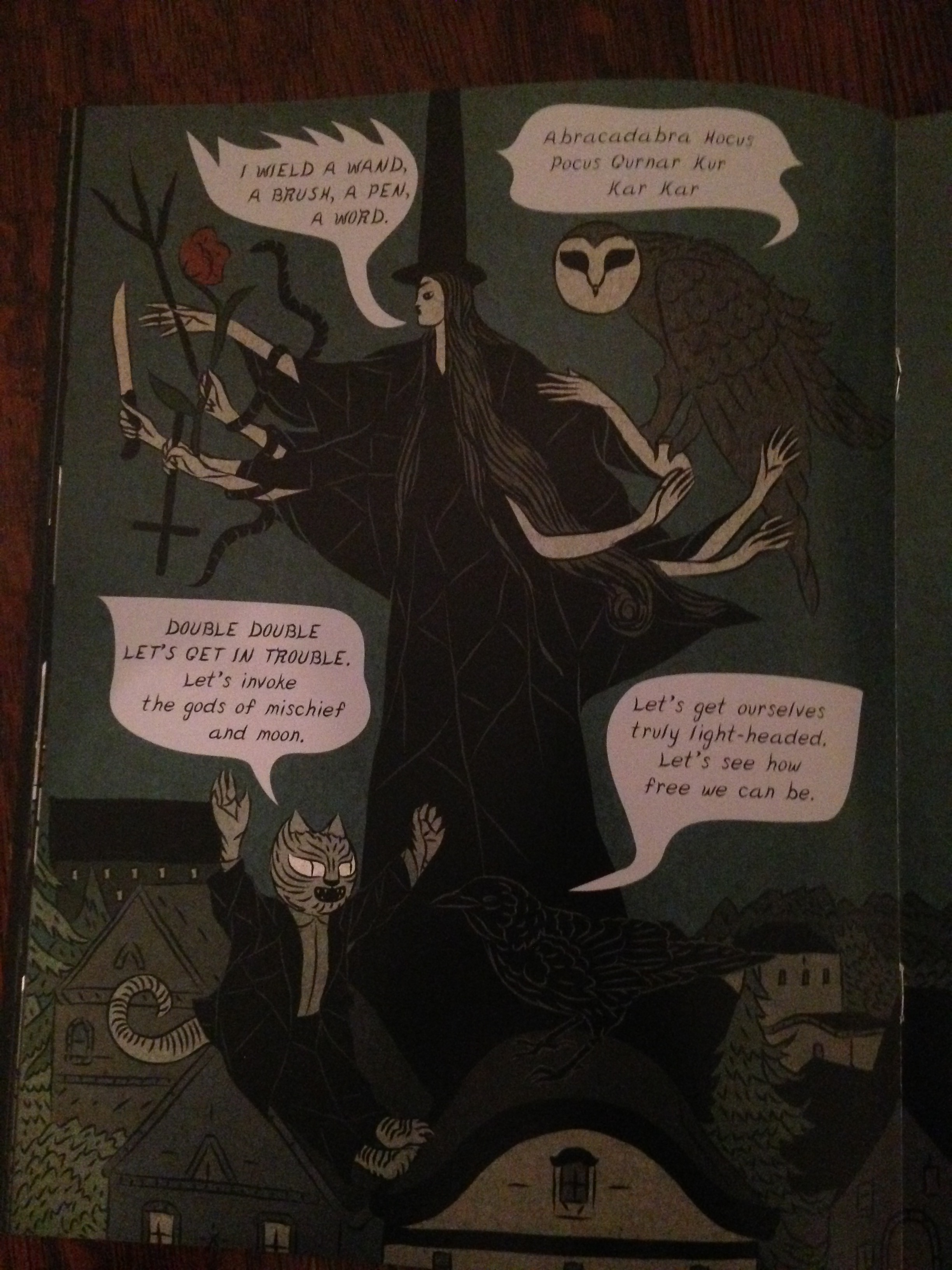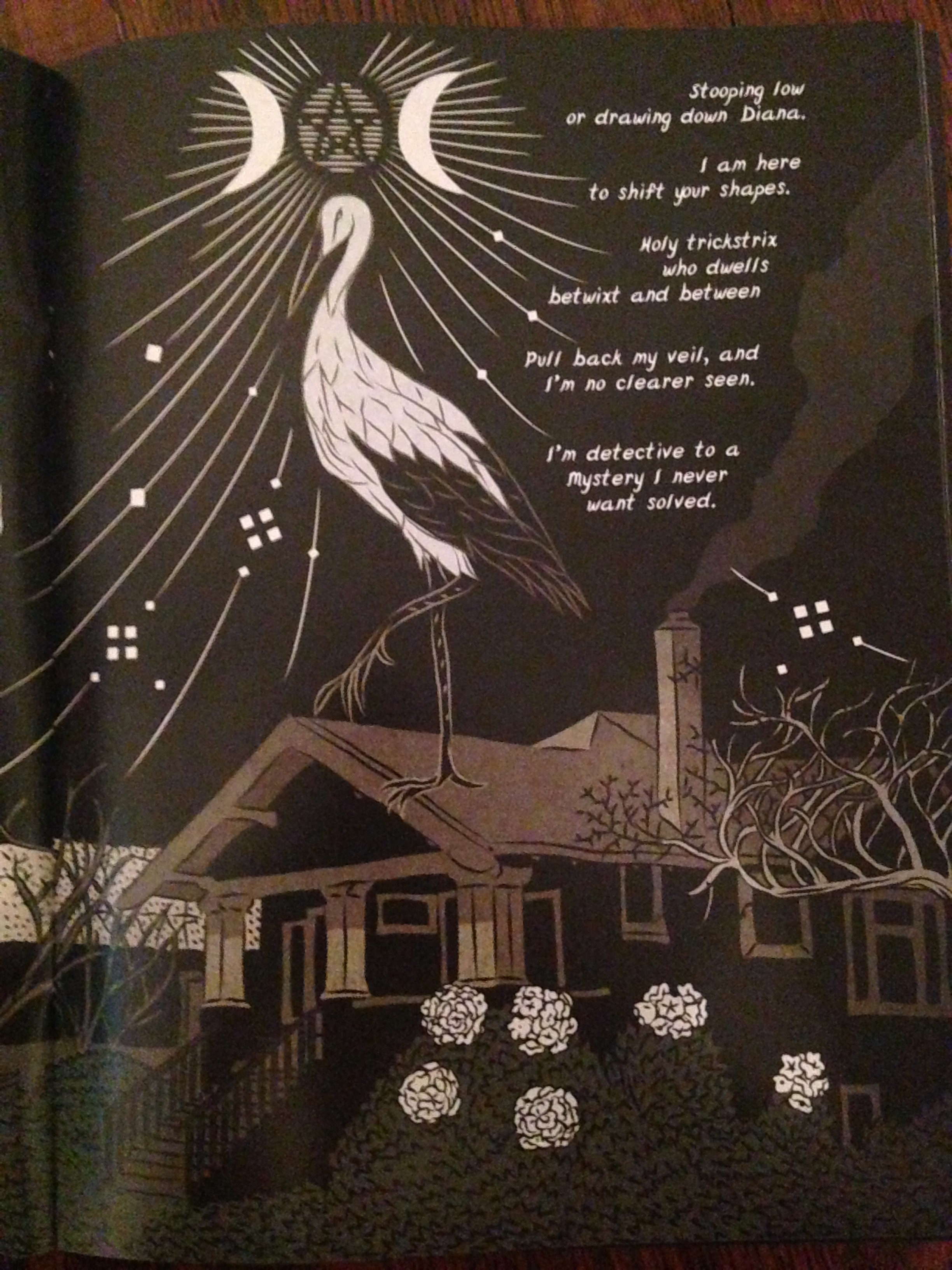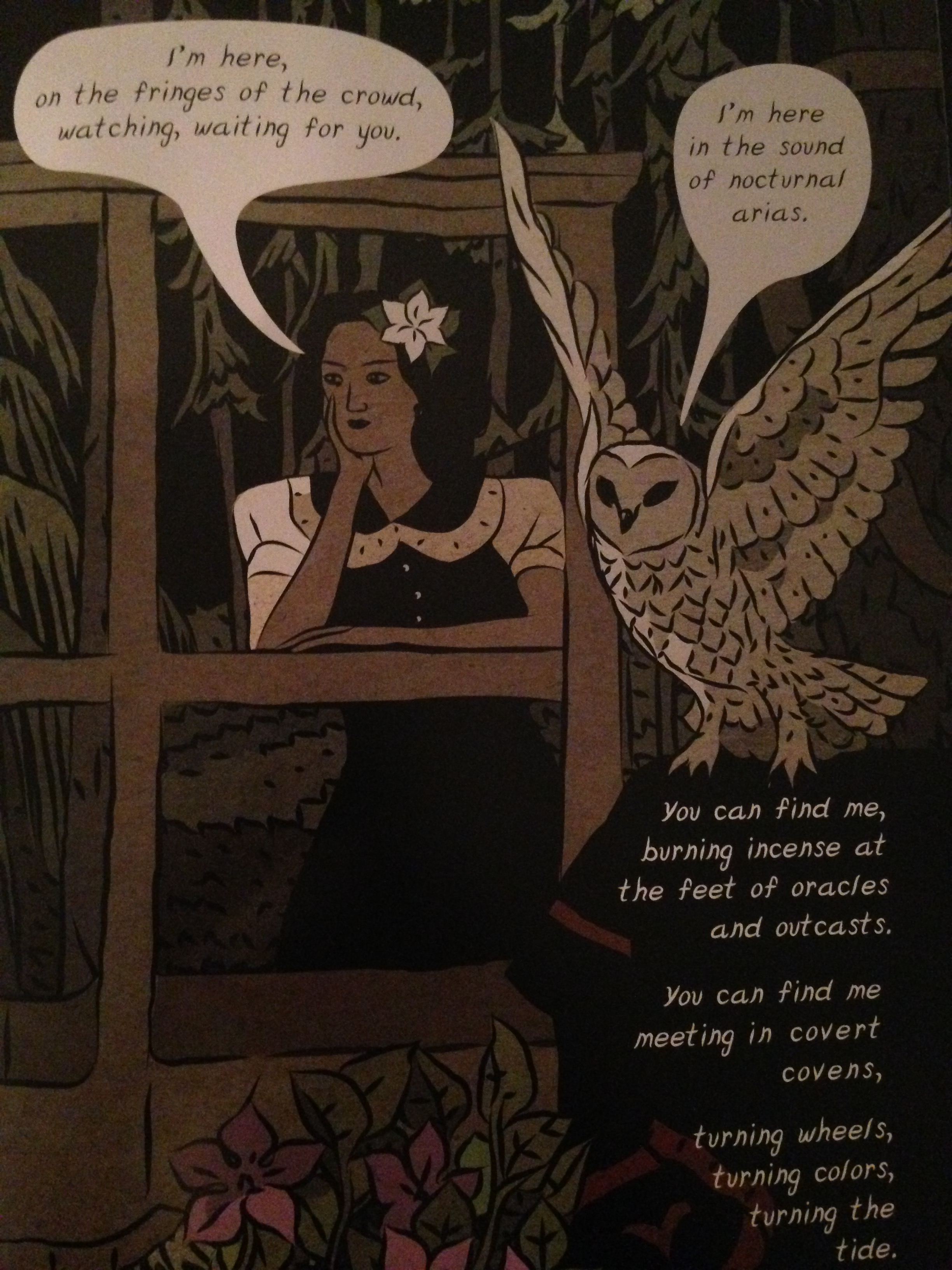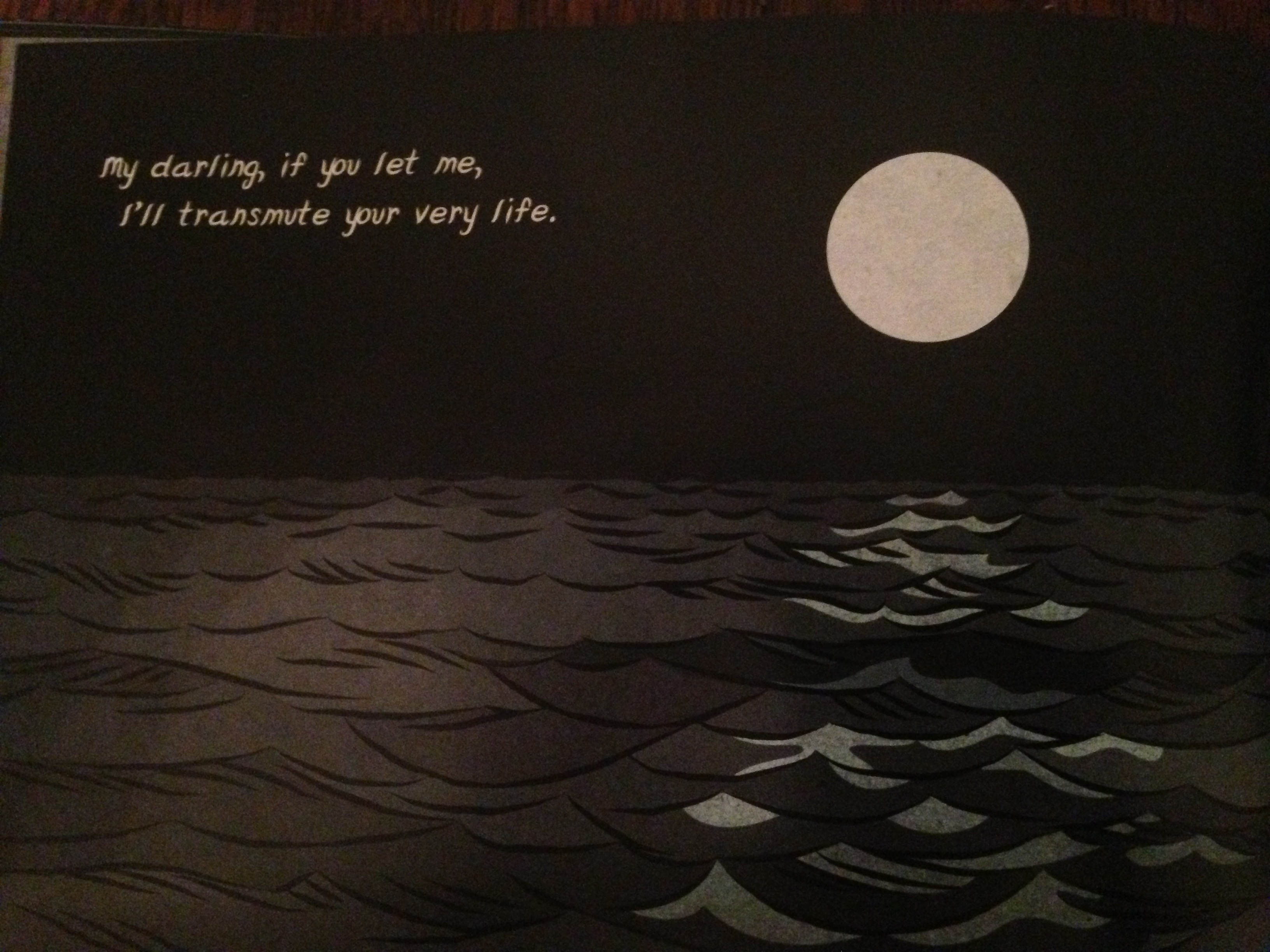As a pagan, living in a Big City can be hard on multiple levels. Big Cities are…big. Full of man made structures, vehicles, people, noise…connecting to the world, the cycles of the year, the food we eat…well, at least for me, it’s all very overwhelming and I have to work extra hard to pay attention to natural things. The natural rhythms of the world fade away here, they don’t exist in a city that never sleeps. I can’t even see the stars at night because of all of the light pollution. Sometimes the noise and the lack of a clear night wear down on you. Cities are exhausting. Sometimes I ache to be in the back country again.
A friend of mine laments at the inhumanity of Big Cities. She wonders how people can walk past the homeless everyday and not be compelled to do something. In sentiment, I agree with her. I wonder what sort of person I am that I can walk past some of the things you see in a Big City and not help. In practical reality I know how possibly dangerous it is to pull out money on the subway or to open my purse on the sidewalk, especially right now.
Another friend of mine who just visited told me she didn’t think she could constantly ignore how in your face people in the city are. She didn’t think she could hold her boundaries and ignore all of the things you have to constantly, actively, work to ignore in order to not attract attention or encourage further focus in order to stay safe.
I admit, I’m a little numb to it now. You have to be. You block out anything that does not pertain to you and you keep your attention on yourself if you want to avoid confrontation. It’s like that scene in the first John Wick movie where John Wick is fighting one of the assassins on the subway and everyone on the subway car just moves to the other side and pretends not to see it. That’s real. That’s totally what would happen. In a Big City, if you don’t want to be a part of it, you do not see it. On Tiktok, a girl posted a video about how to tell who grew up in the city versus those who did not. In the video, she walks out to the sidewalk and gives a blood curdling scream. Some of the people stop and gawk, others just keep on moving by, not noticing her at all. The people that stop and look and react, she proclaims, are NOT FROM HERE. And again, I can’t argue.
As a heavily tattooed person, even in a Big City, I often attract attention. It’s become a joke of sorts with my friends that every time I ride the ferry, some crazy person will stop and engage with me about my tattoos. Tonight, it was a homeless man who wanted to know if I had seen the History channel show on aliens and tattoos. I politely told him that I had not, but that I would try to check it out. In this case, he asked me his question, gave me a smile and moved on. As far as interactions with strangers go, it was very mild. He was holding a cup of hard boiled eggs and seemed to be in good spirits.
And honestly, I had forgotten that it’s Beltane, that the veil is thin, that there are things I should have done and celebrated today and would have, if I weren’t in the Big City. The disconnect is real.
And it didn’t occur to me until later that the homeless man that stopped by to ask me about whether I had seen a show about aliens and tattoos was the city manifestation of the spirits that might be wandering about tonight, a night where the veil is extremely thin. And that I, someone who is serving a patron deity that is the god of madmen, might have missed a few things about living in a Big City in terms of how I view the spiritual world around me and how the gods still talk to those of us here. There is a god/dess in everyone and tonight, maybe, just maybe, someone was stopping by to remind me of their regard.
Today I didn’t celebrate May Day the way I would have in the past. Instead I took a subway, a ferry and a car to go to a restaurant with friends. On the way down, the subways were a mess and I had to navigate closures and changes on the lines. I witnessed an amazing amalgamation of the sort of people here in the Big City. The transit workers, the wait staff at the restaurant, my doormen, my friends, people on the street and on the platform…I saw a little bit of everything tonight on what was the most beautiful day we’ve had this Spring.
I sat on the subway on the way home and talked to my friend about energy and how I view the magic of the world around us…and that’s when it hit me…just how much life and magic there is to be found here. It’s just a matter of a change in my perspective on what that means for where I live now.
And then I came home and realized that I had left a candle burning all day long. So in my own, weird way, I kept the fire burning bright for the first of May. (And luckily didn’t burn my apartment down while I was doing it.)
I miss the more natural connection I have when I don’t live here…but here is where I am and to block out everything…well, maybe that misses the point as well.
Anyway…Merry Beltane to those who celebrate. May your night be full of good revelry and hopeful realizations. May your fires burn hot and high and may you forget any grief that you’re carrying. This is a season of joy and I hope that a little bit of magic touches you tonight in the same way it tapped me in passing, just to say hi.


